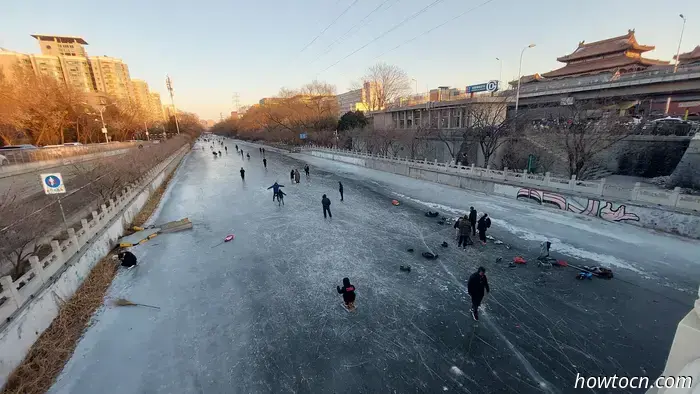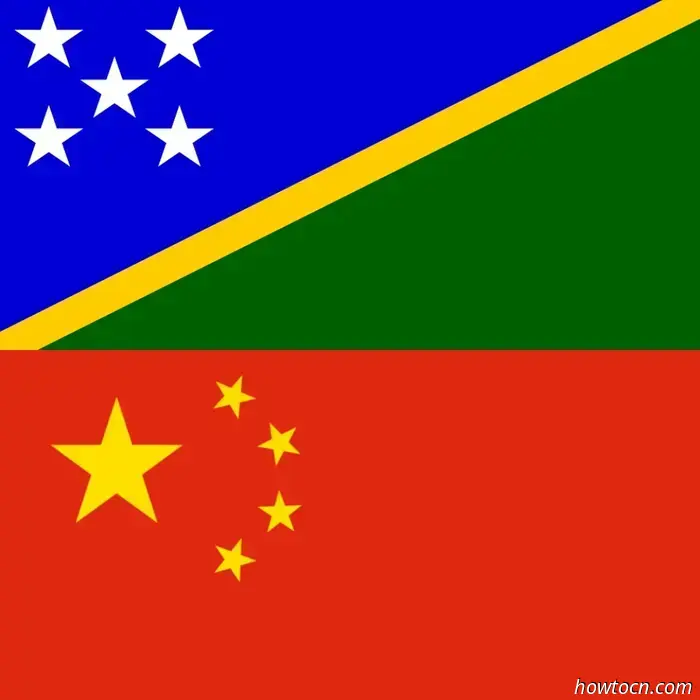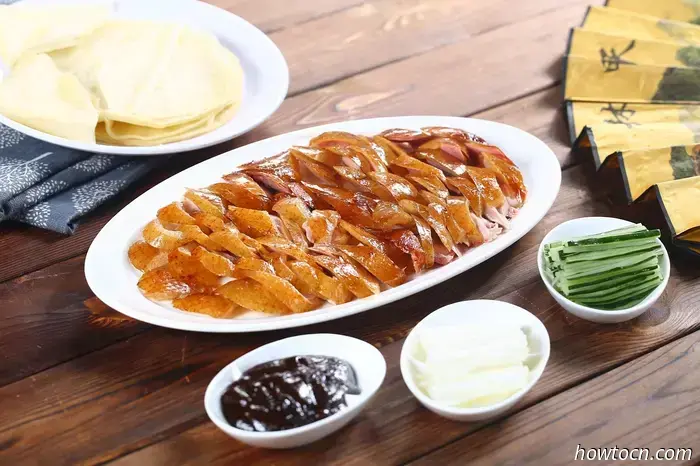
Mandarin Monday is a consistent series designed to enhance your Chinese language skills through enjoyable and practical phrases and characters.
This winter has been relatively mild in Beijing, meaning phrases like 寒风刺骨 hán fēng cìgǔ, which translates to “the cold wind pierces the bones,” haven't been particularly relevant. However, if temperatures do take a significant drop, we have compiled some vital winter vocabulary (冬天 dōngtiān) for you!
Nature and Weather
Snow – 雪 xuě
Snowing – 下雪 xiàxuě
Heavy Snow – 大雪 dàxuě
Light Snow – 小雪 xiǎoxuě
Blizzard – 暴雪 bàoxuě
Sleet – 霰 xiàn
Ice – 冰 bīng
Freezing To Form Ice – 结冰 jiébīng
Frost – 霜 shuāng
Cold Wind – 寒风 hánfēng
Cold Air – 冷空气 lěng kōngqì
Hail – 冰雹 bīngbáo
Freezing Rain – 冰冻雨 bīngdòng yǔ
Frozen Ground – 冻土 dòngtǔ
Cold Wave – 寒潮 háncháo
Temperature Drop – 降温 jiàngwēn
Below Freezing – 零度以下 língdù yǐxià
Snowflake – 雪花 xuěhuā
Freezing Cold – 寒冷 hánlěng
Severe Cold – 严寒 yánhán
Sunny but Cold – 晴冷 qínglěng
Snowstorm With Strong Winds – 风雪交加 fēngxuě jiāojiā
Cold Winter Night – 寒夜 hányè
Winter Clothing
Scarf – 围巾 wéijīn
Gloves – 手套 shǒutào
Hat – 帽子 màozi
Down jacket – 羽绒服 yǔróngfú
Snow Boots – 雪地靴 xuědì xuē
Long Johns/Thermal Pants – 秋裤 qiūkù
Sweater – 毛衣 máoyī
Overcoat – 大衣 dàyī
Winter Sports and Activities
Skiing – 滑雪 huáxuě
Ski – 滑雪板 huáxuěbǎn
Ski Resort – 滑雪场 huáxuě chǎng
Cross-Country Skiing – 越野滑雪 yuèyě huáxuě
Ice Skating – 滑冰 huábīng
Ice Skates – 冰鞋 bīngxié
Snowboarding – 单板滑雪 dānbǎn huáxuě
Snowboard – 滑雪单板 huáxuě dān bǎn
Curling – 冰壶 bīnghú
Ice Hockey – 冰球 bīngqiú
Sledding – 雪橇 xuěqiāo
Ski Jumping – 跳台滑雪 tiàotái huáxuě
Snowmobiling – 雪地摩托 xuědì mótuō
Build a Snowman – 堆雪人 duī xuěrén
Snowball Fight – 打雪仗 dǎ xuězhàng
Winter Swimming – 冬泳 dōngyǒng
Idioms and Phrases Related to Winter
千里冰封,万里雪飘 qiānlǐ bīng fēng, wànlǐ xuě piāo
Translation: “Thousands of miles of ice, and thousands of miles of snow.”
Meaning: A vivid depiction of a vast and frozen winter landscape, often used to commend the beauty of winter.
寒冬腊月 hándōng làyuè
Translation: “The cold winter and the twelfth lunar month.”
Meaning: Refers to the coldest period of the year, symbolizing the severity of winter.
冰天雪地 bīngtiānxuědì
Translation: “Icy skies and snowy ground.”
Meaning: Describes a wintry scene blanketed in snow and ice.
瑞雪兆丰年 ruìxuě zhào fēngnián
Translation: “A timely snow foretells a good harvest year.”
Meaning: An optimistic idiom implying that snow is a positive sign for agriculture and indicates prosperity.
寒风刺骨 hán fēng cìgǔ
Translation: “The cold wind pierces the bones.”
Meaning: Used to describe intense cold that feels sharp and biting.
滴水成冰 dīshuǐchéngbīng
Translation: “





The introduction of the Fujian, China's third and most sophisticated aircraft carrier, was a pivotal event for the People's Liberation Army Navy (PLAN), signifying its emergence as a navy of global standing. The tale of how the PLAN obtained its inaugural aircraft carrier — anUsed Soviet vessel purchased from Ukraine — is replete with twists that would befit an engaging spy thriller.

The year 2021 witnessed a series of notable celebrity cancellations, such as actor Zhang Zhehan, known for the popular danmei 耽美 (Boys' Love) series Word of Honor, pop star Kris Wu 吴亦凡 who was detained on allegations of rape, and actress Zheng Shuang 郑爽 who faced penalties for tax evasion. The emergence of this heightened culture of celebrity cancellations in China is not solely driven by authentic social sentiments or the tightening control of the Party-State; instead, it is fueled by an increasingly competitive industry with monopolistic influence that spans social media platforms, streaming and video-sharing services, along with state-run media.

The Security Agreement between China and the Solomon Islands has led to dire forecasts about a possible Chinese naval base and a continuous presence of Chinese troops in the Solomons, which poses significant implications for Australia's national security. There were alarmist claims that the Solomon Islands were turning into another ‘Cuba’ near our shore, prompting then-Prime Minister Scott Morrison to issue foreboding warnings about certain ‘red lines’ that must be respected. This politically motivated discourse diverted focus from the genuine concerns regarding the wide-ranging potential implications of the agreement.
.jpg)
Have you detected a gag-reflex-inducing, sulfurous, sewer-like odor coming from the bathroom in your Chinese apartment?

Prior to the Lunar New Year of 2022, a video surfaced on Chinese social media showing a woman chained by her neck to a wall. The incident involving Little Plum Blossom has resonated across China in a manner that earlier human trafficking cases have not.

Beginning at the Great Wall and concluding with a nightcap at a bar with views of the Forbidden City, Preston Thomas' 24 hours in Beijing are filled with a diverse range of experiences.
All the winter vocabulary you'll require if the temperatures drop significantly.